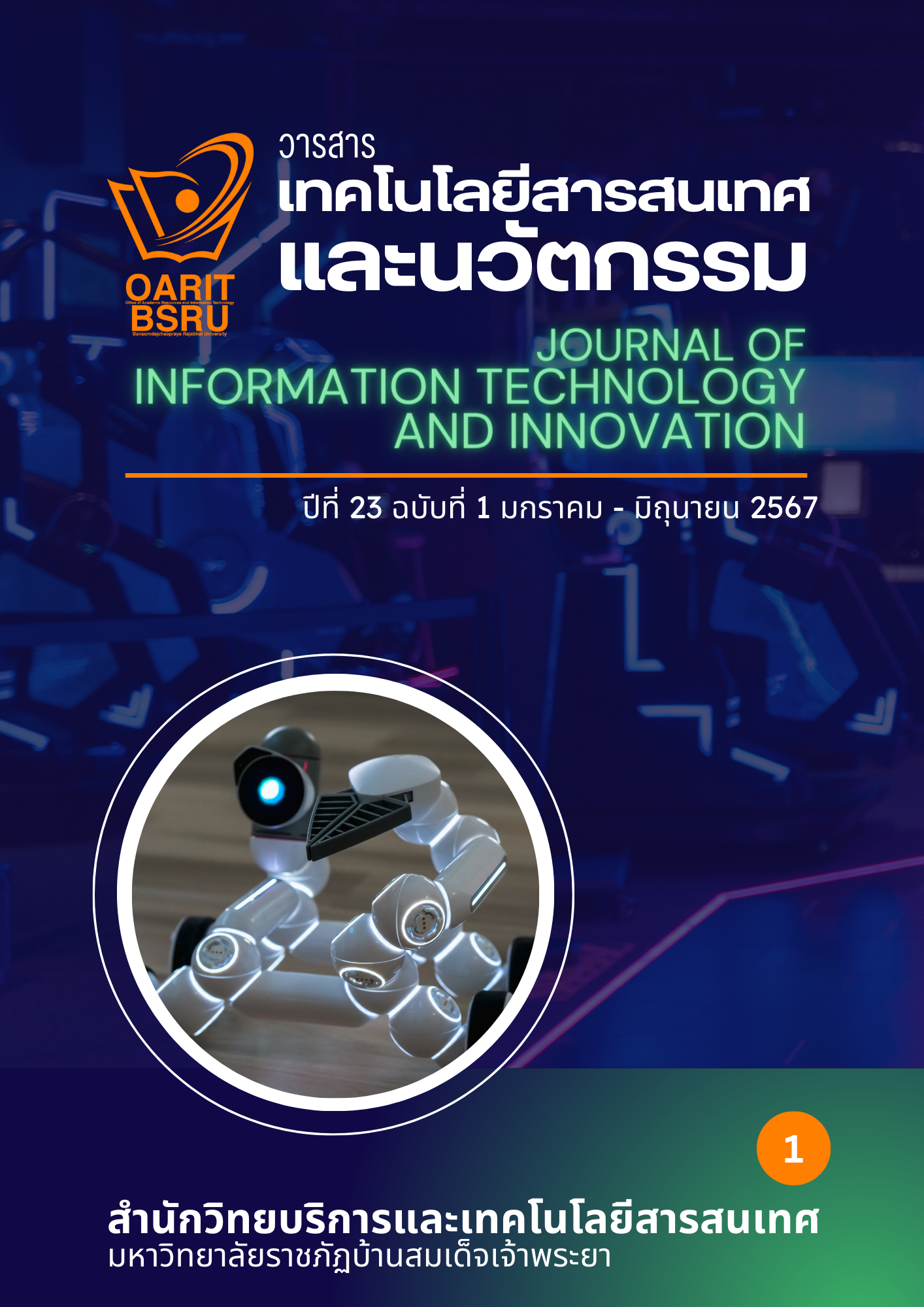Development of Innovative Entrepreneur Short Course for Undergraduate Students of Leshan Normal University
Keywords:
Short course development, Elements of short course, Innovative entrepreneurAbstract
This study aims to develop a short course on innovative entrepreneur for undergraduate students at Leshan Normal University using classic curriculum theory and PBL teaching methods. The research goal is to determine the elements of short courses in innovative entrepreneur, develop, design and implement short courses, and evaluate and test the effectiveness of short courses in cultivating college students' innovative entrepreneur abilities. The research subjects include 20 SRCI (Specialization, Refinement, Characteristic, Innovation) companies in Sichuan Province, 7 experts in curriculum development and innovative entrepreneur, and 40 junior students. Research methods such as literature method, interview method, consistency expert evaluation and survey method were adopted to conduct qualitative and quantitative research on short course setting and course effects. The research results show that the short course on innovative entrepreneur for college students contains 12 elements. By implementing short courses developed and designed based on the 12 elements, the innovative entrepreneur capabilities of college students can be significantly improved.
References
Blank, S. G. (2013). The Four Steps to the Epiphany: Successful Strategies for Products that Win. K&S Ranch.
Blank, S. G., & Dorf, B. (2012). The Startup Owner's Manual: The Step-by-Step Guide for Building A Great Company. K&S Ranch.
Li K .Z , Wang D. P., Liu Y. C., Ma Y . (2021). Exploration on the cultivation of students in petroleum universities. Experimental Techniques and Management. 38(08), 213-216.
Osterwalder, A., & Pigneur, Y. (2010). Business Model Generation: A Handbook for Visionaries, Game Changers, and Challengers. John Wiley & Sons.
Qian F. B , Li Z, Qian G. F . (2022). Construction and empirical analysis of the training quality evaluation system of innovative and entrepreneurial talents based on FAHP analysis. Research on Ideological Education. (10),151-158.
Ries, E. (2011). The Lean Startup: How Today's Entrepreneurs use Continuous Innovation to Create Radically Successful Businesses. Crown Publishing Group.
Samit, J. (2015). Disrupt You!: Master Personal Transformation, Seize Opportunity, and Thrive in the Era of Endless Innovation. Macmillan.
Shane, S. (2008). The Illusion of Entrepreneurship: The Costly Myths that Entrepreneurs, Investors, and Policy Makers Live. Yale University Press.
Shane, S., & Venkataraman, S. (2000). The promise of entrepreneurship as a field of research. Academy of Management Review. 25(1), 217-226.
Ulrich, K. T., & Eppinger, S. D. (2015). Product Design and Development. McGraw-Hill Education.
Worrell J . L, Gangi D, Bush A. (2013). Exploring the use of the Delphi method in accounting information systems research. International Journal of Accounting Information Systems. 14(3), 193-208.
Xu Y. L. , Yuan R. B., Wang J. M . (2018). Construction and empirical research on the evaluation system of high-end talents from the perspective of intelligence. Modern Intelligence. 38(07),160-164.
Yang Y ,Liu Y. T.,Hu Y, Wang J. Q., Qiao Y . (2019). Construction of evaluation index system for Overseas High-level innovative entrepreneur Talents in Hubei Province. Science and Technology Entrepreneurship Monthly. (12).8-13.
Zhang B, Lu X. (2022). Research on environmental evaluation and optimization path of innovative entrepreneurial talents in Zhejiang from the Perspective of high-quality Development. Science and Technology Management Research. 42(24) 69-77.
Zhao F. (2022). Policy analysis of innovative entrepreneurial talents based on the perspective of policy tools —— Take the relevant policies of 17 cities as an example. Scientific Management of Research. 40(04), 144-149.
Zhong J ,Zeng CQ,Yu QM . (2019). Construction of the evaluation index system and evaluation model for innovative entrepreneur talents. Research on Scientific and Technological Innovation and Development Strategy. (5):74-83
Downloads
Published
How to Cite
Issue
Section
License
Copyright (c) 2024 Journal of Information Technology and Innovation

This work is licensed under a Creative Commons Attribution-NonCommercial-NoDerivatives 4.0 International License.
บทความ ข้อความ ภาพประกอบ และตารางประกอบที่ลงพิมพ์ในวารสารเป็นความคิดเห็นส่วนตัวของผู้นิพนธ์ กองบรรณาธิการไม่จำเป็นต้องเห็นตามเสมอไป และไม่มีส่วนรับผิดชอบใดๆ ถือเป็นความรับผิดชอบของผู้นิพนธ์เพียงผู้เดียว






